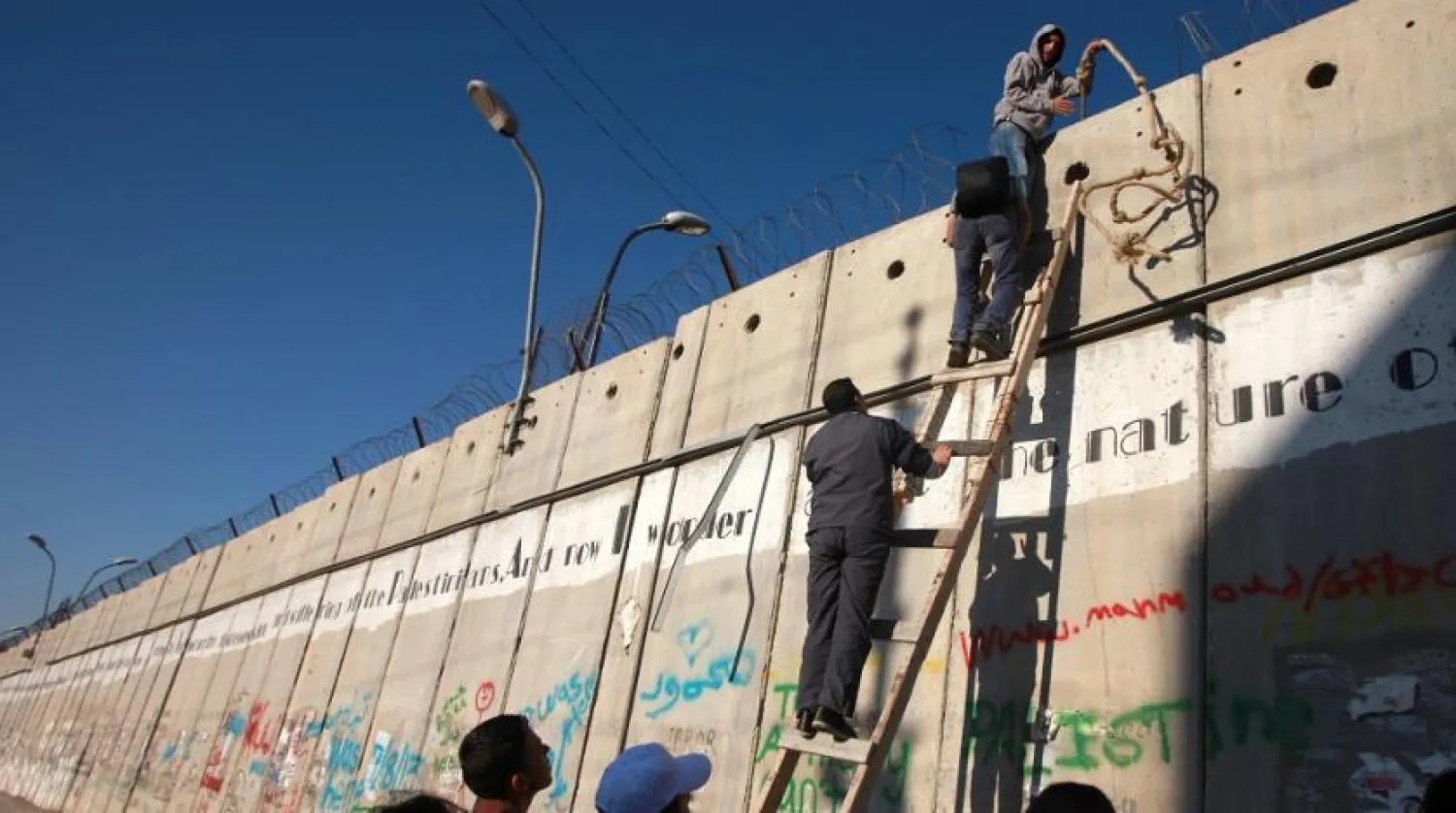Israel’s right-wing opposition parties and the government coalition has set a plan to fight Amnesty International economically.
This step comes in response to a report Amnesty published in February, in which it accused Tel Aviv of apartheid, which is a term originally used to refer to a political system in South Africa.
The London-based rights group said that Israel has maintained “a system of oppression and domination” over the Palestinians going all the way back to its establishment in 1948.
The Finance Ministry’s Director-General said that Amnesty is an anti-Israel organization and is an enemy of the state just like Iran and Hezbollah.
The government called for confronting the international organization using all legal and financial means, canceling the tax exemption privilege it receives on donations from Israel, the United States and others.
Right-wing newspaper, Israel Hayom, reported on Thursday that Finance Minister Avigdor Lieberman vowed to strip the group from receiving tax benefits under Section 46 of the Income Tax Ordinance.
The newspaper said Lieberman and other right-wing figures are trying to pass a number of punitive economic measures against Amnesty. However, the Constitution, Law and Justice Committee chaired by MK Gilad Kariv is obstructing these attempts through various bureaucratic means.
For months, the committee has been denouncing the promotion of the boycott law regulations, the approval of which is essential to making sure Amnesty loses its tax exemption status, the newspaper reported citing the Ministry.
“Since its establishment in 1948, Israel has pursued a policy of establishing and maintaining a Jewish demographic hegemony and maximizing its control over land to benefit Jewish Israelis while restricting the rights of Palestinians and preventing Palestinian refugees from returning to their homes,” Amnesty said.
“Israel extended this policy to the West Bank and Gaza Strip, which it has occupied ever since.”
The comprehensive report, Israel’s Apartheid against Palestinians: Cruel System of Domination and Crime against Humanity, sets out how massive seizures of Palestinian land and property, unlawful killings, forcible transfer, drastic movement restrictions, and the denial of nationality and citizenship to Palestinians are all components of a system which amounts to apartheid under international law.
This system is maintained by violations which Amnesty International found to constitute apartheid as a crime against humanity, as defined in the Rome Statute and Apartheid Convention.
Israel’s Foreign Ministry considered the report “hostile,” and its spokesperson, Emmanuel Nahshon, said the organization is considered an “enemy” of Israel.









